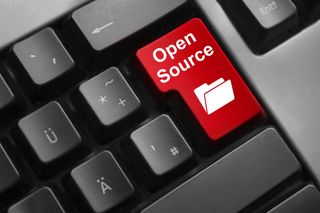Thomson Reuters open sources data APIs for developers
The firm releases APIs to help agile customers use data however they want

Thomson Reuters is going open source, releasing a set of APIs developers can use to hook into its data feeds and services.
People can build their own customised applications on top of the financial intelligence firm's vast swathes of data using the Thomson Reuters Elektron family of APIs.
The APIs connect developers to all Elektron content as well as content available on the Thomson Reuters Enterprise Platform, which also includes third-party data.
Brennan Carley's head of platform and analytics, financial and risk at Thomson Reuters, said: "Open access to data is driving innovation in the technology industry by simplifying the processes developers use to access, explore and create.
"The Elektron API family was designed to meet the changing needs of market participants by supporting innovation and collaboration, helping drive profitable and sustainable financial markets in an effective, user-friendly way."
Thomson Reuters made the move to open source after recognising a trend in financial services of end users "increasingly setting the agenda" when it comes to what types of data they use and what they do with it, and claimed open, agile models will drive growth in the sector.
The Elektron family range from APIs with low latency and high performance to simple web APIs, and the open source license means developers can extend the APIs to access multiple data sources and systems through a single API stack.
Get the ITPro. daily newsletter
Receive our latest news, industry updates, featured resources and more. Sign up today to receive our FREE report on AI cyber crime & security - newly updated for 2024.
The company believes this will help users be more agile while potentially lowering their total ownership costs.
Research firm Aite Group said financial services companies must make use of these kinds of tools to become more agile and adaptable.
"To succeed, firms need to have the flexibility to adapt quickly to changing circumstances and seize new opportunities," said Sang Lee, co-founder and managing partner of Aite Group.
"This means that service providers in their turn need to offer easier and more open tools to enable agile application development, and to provide developers with open standards that can access many sources of content."




